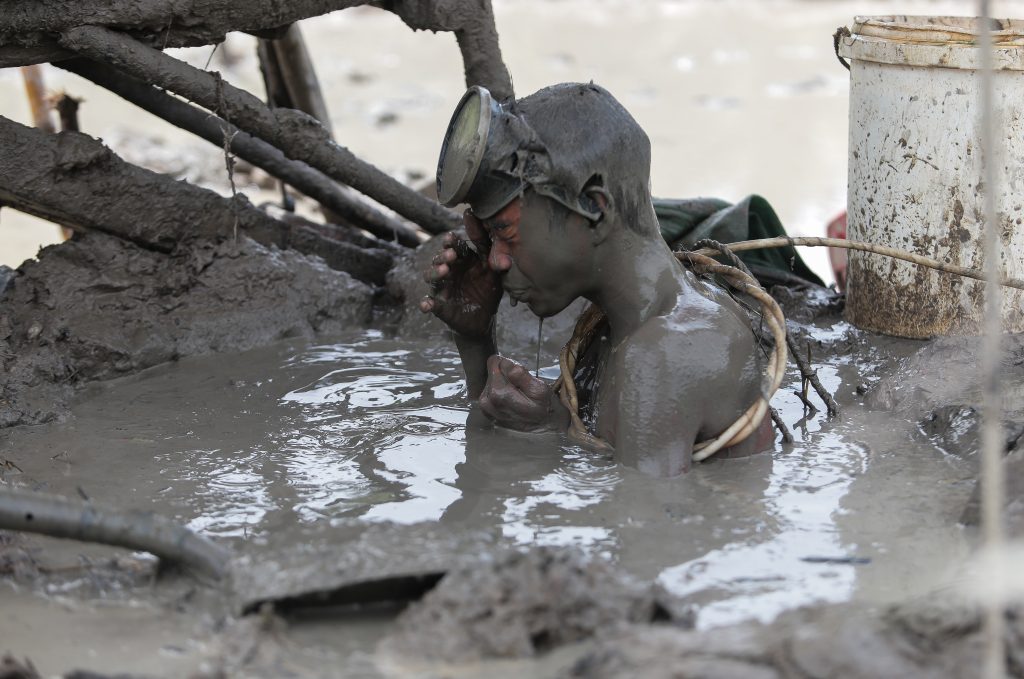Catholic Church communicators in Asia vowed to tell the stories of people “on the fringes of society” during an online gathering of Catholic bishops from across the region last week.
“It’s all about the people,” said Peter Monthienvichienchai, executive editor of the up-and-coming Catholic Asian news platform LiCAS News based in Bangkok, Thailand.
“It doesn’t matter how many correspondents we have, or how many articles we publish each day,” he said, adding that “the most important, and central to our mission as a Catholic publisher, are the people and the stories of their struggles.”
Monthienvichienchai said LiCAS News focuses on “solutions journalism,” adding that “we not only tell the stories of struggle but also the efforts to address those issues, especially efforts by the Catholic community.”
Jose Kavi, editor-in-chief of Matters India, a news portal that covers religious and social issues in India, said he wanted to show that “money isn’t everything” when it comes to evangelization.
“We have managed to do what we do each day with only minimal funding and support from personal connections,” said the veteran journalist who headed the India operations of the Union of Catholic Asian News for 25 years until 2012.
“Communication is always at the heart of the mission of the Church,” said Greg Erlandson, editor-in-chief of Catholic News Service during the forum of the Federation of Asian Bishops’ Conferences – Office of Social Communication on November 24 and 25.
Erlandson said communication has become the “amplifier of the Church’s voice, which is needed to be heard more than ever.”
Andrea Tornielli, editorial director of the Dicastery for Communication of the Vatican, stressed the need to communicate “real stories” that mainstream media think are “unimportant.”
“Effective communication is the way we tell stories of the beauty of the Christian faith, the closeness, tenderness and mercy of God in a way that people will understand,” said Tornielli.
He said Catholic communicators should defend the truth and bear witness, adding that they should be “wounded with reality” and avoid being “judgmental.”
“Our task is to be able to share the message and to be more authentic in our communication,” he said.


Earlier, Catholic communicators under the group Signis stressed the need for a responsible and effective media to help people face uncertainty and disruptions in life brought by the continuing pandemic.
“We believe that responsible dissemination of information is necessary in these pandemic times when misinformation and disinformation are rampant, and many parties seek to distort and abuse the information communicated for their own ends,” read a statement from the second online assembly of the organization.
“It is our responsibility to be transparent and accountable for the information we choose to disseminate,” it added.
About 100 participants from 14 countries addressed the Catholic communicators’ response to the theme: “Partnering with People-centered Development Initiatives.”
The Church communicators see the need to reaffirm their support to the voiceless especially when the world changes faster in a multitude of ways.
A shift from global alliances to regional political bloc forces people to change their need to collaborate, support and uphold their communities and societies.
“We acknowledge that now, more than ever, the role of communication is crucial as the poor, marginalized, dispossessed, displaced, oppressed, exploited and underserved are pushed even further away from, and denied the resources and support, that they are entitled to as persons with rights and dignity,” read the statement.


